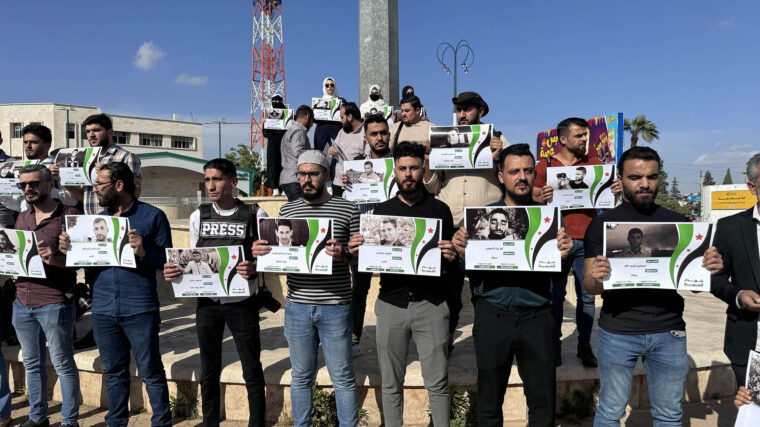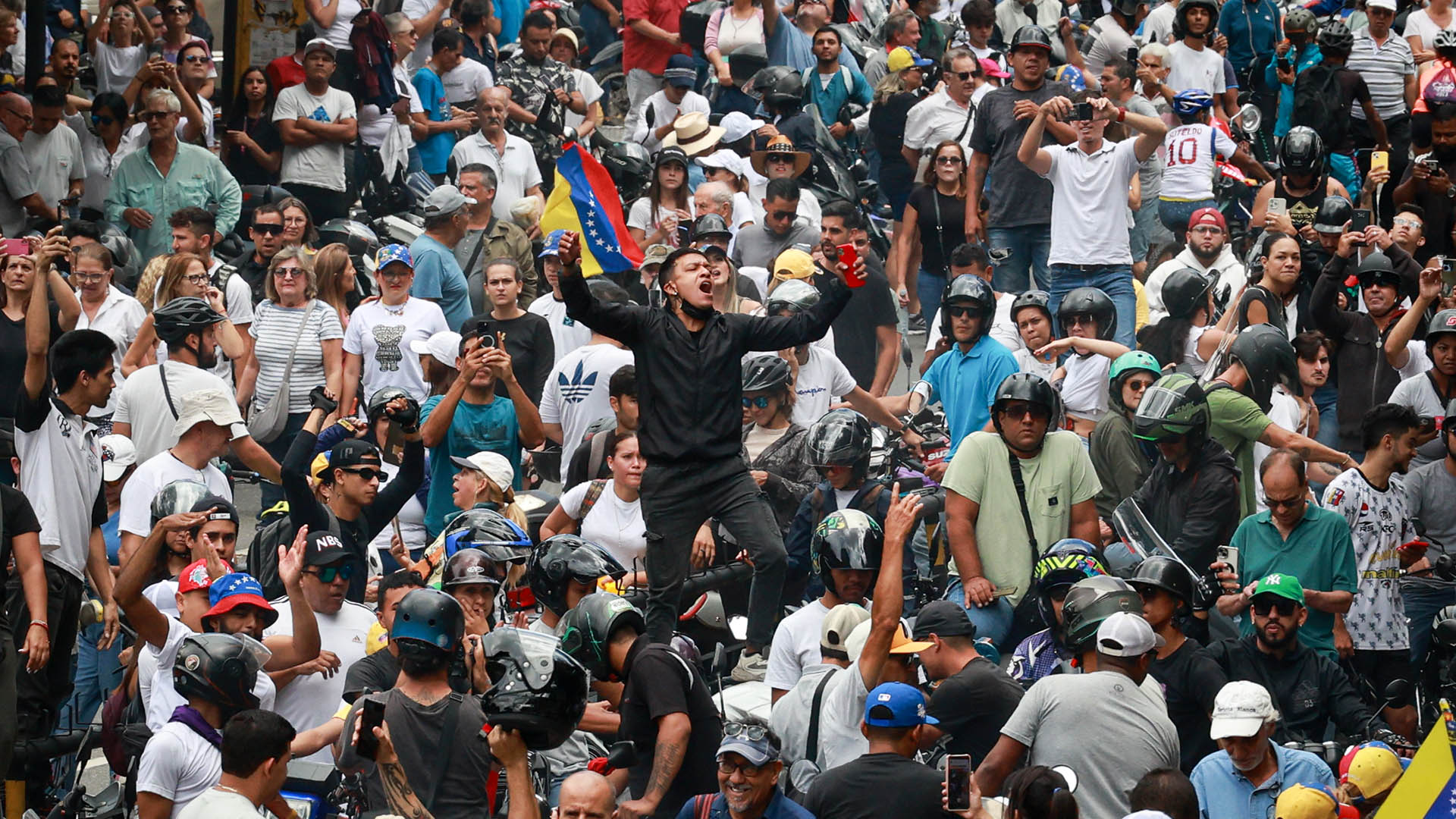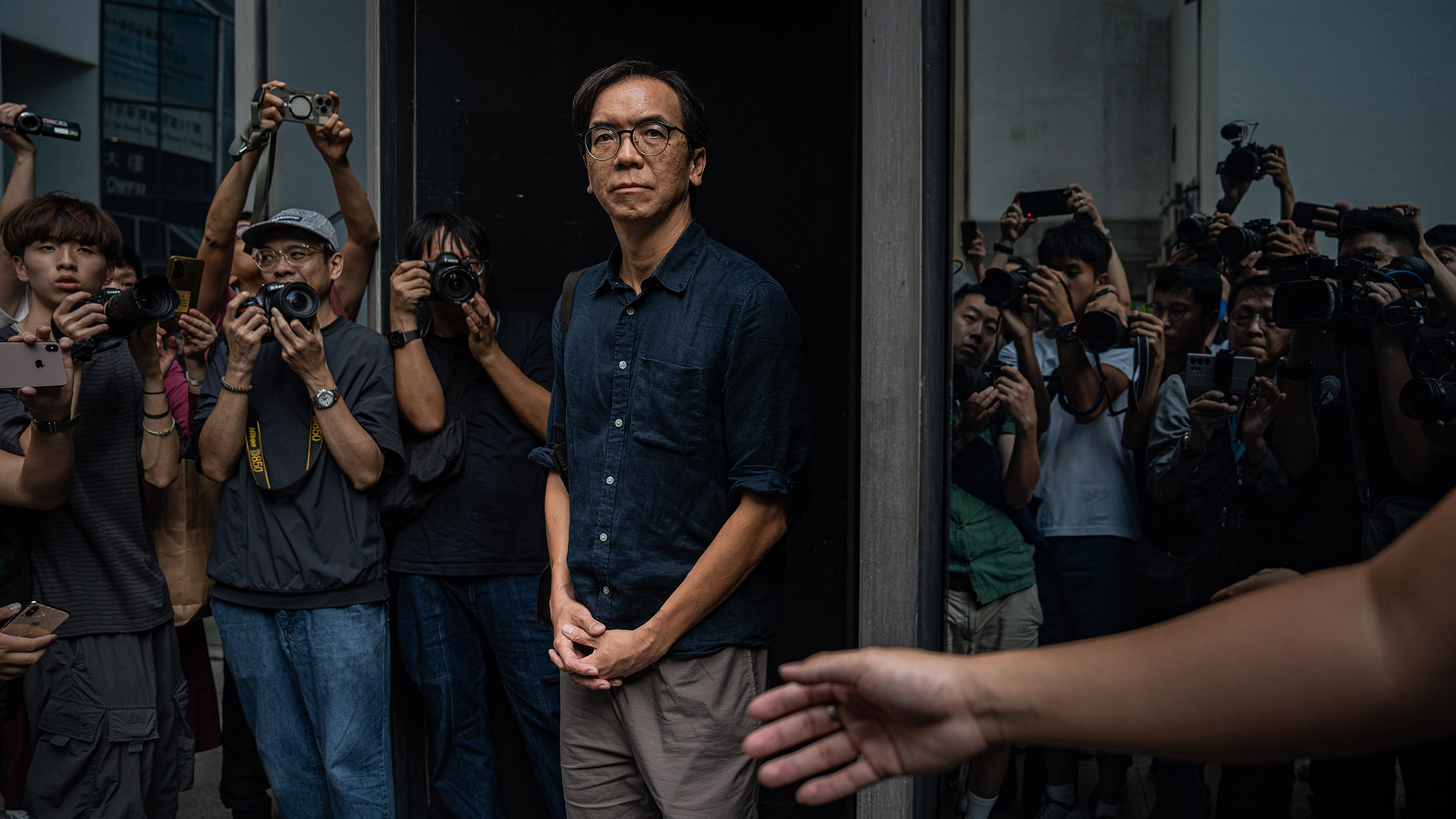PRESS FREEDOM
Syrian spy agency targeted ICIJ’s Syrian media partner, documents show
Assad regime collected intel on SIRAJ journalists after its reporting on Syria’s use of Western-made trucks triggered more sanctions.

Syria’s feared intelligence services launched an investigation into ICIJ’s Syrian media partner, Syrian Investigative Reporting for Accountability Journalism, after it reported on Damascus’ business links with Europe, internal documents reveal.
The documents, a cache of memos obtained from a state security office in Damascus after the fall of President Bashar al-Assad’s regime, show how intelligence officers sought information about SIRAJ’s funding and the identities of its journalists after the media outlet published an article detailing how the Syrian army procured European-made trucks to fuel its war effort. The article spurred an effort by Swedish policymakers to convince the European Union to tighten sanctions on Syria to stop these sales.
The surveillance effort was launched in October 2024 by the intelligence services’ Branch 279, which monitors Syrians living abroad. The memos from the security office illustrate the Assad government’s paranoia regarding any journalistic efforts: The intelligence officers describe SIRAJ as “a suspicious front for espionage,” accusing it of collecting information about Syrian security agencies and then sharing it with “a network of international Western organizations linked to U.S. and European intelligence agencies.”
Branch 279 called on Syria’s “stations abroad” to gather information about SIRAJ, including details about “the operatives running the suspicious platform under the cover of being journalists.” At the same time, the Syrian government’s internal enforcers showed up at the Damascus workplace of the father of one of SIRAJ’s journalists, ICIJ member Mohammed Bassiki, seizing his phone and interrogating him about his son’s current location and work.
The decision to gather information about SIRAJ was signed by the director of the General Intelligence Directorate, who at the time was Maj. Gen. Hussam Luka, one of Assad’s most brutal enforcers. Luka, who is nicknamed “the spider,” has been sanctioned by the United States and the United Kingdom for his alleged involvement in the massacre of Syrian civilians and the torture of prisoners.
Feras Dalatey, a Syrian investigative journalist, found the documents on Dec. 20 in the State Security headquarters in downtown Damascus. The office was in a chaotic state, Dalatey told ICIJ, as it had been raided by civilians after Assad’s fall. But by the time he arrived, it had been secured by fighters from Hayat Tahrir al-Sham, the organization that led the effort to topple the regime, who were checking journalists’ permits and ensuring that nobody took documents out of the office. The folder holding these documents, which was marked as holding memos forwarded to that branch, was untouched.
SIRAJ, which was incorporated in France in 2019, specializes in training Syrian journalists and conducting investigations into corruption and human rights abuses inside the country. The journalists publicly affiliated with SIRAJ escaped from Syria during Assad’s rule, but other journalists worked for the outlet anonymously while still in the country. Some SIRAJ journalists were threatened by Assad’s regime before fleeing the country, and one journalist was imprisoned by the Islamic State in 2013. SIRAJ has collaborated with ICIJ on several projects, including Cyprus Confidential and The Ericsson List.
The documents mention the Organized Crime and Corruption Reporting Project, Lighthouse Reports, the Global Investigative Journalism Network, Middle East Eye, The Guardian and Der Spiegel as news outlets with which SIRAJ collaborates. These collaborations are done “under the pretext of shedding light on corruption and human rights violations in Syria,” the documents state, but are in reality an espionage effort aimed at “collecting sensitive information about Syria.”

As part of its surveillance effort, Branch 279 wrote to several other Syrian intelligence branches to request further information about SIRAJ, specifically urging them to provide detailed information about the outlet’s journalists.
These documents provide a window into the security apparatus that sought to repress any independent activism or journalism in Syria. Reporters Without Borders ranked Syria in 2024 as the second most dangerous country in the world for journalists. It found earlier in the year that dozens of journalists were imprisoned or held hostage in the country, and that the Syrian regime and its supporters had killed 181 journalists since the start of the uprising against Assad’s rule in 2011.
In a statement, Reporters Without Borders said that it “welcomes the end of one of the most oppressive regimes in modern history.” It called for the prosecution of Assad, saying that his crimes “must not go unpunished.”
Additional reporting by Feras Dalatey.
Correction Dec. 27, 2024: This story was amended to reflect that the Syrian government’s internal enforcers questioned Mohammed Bassiki’s father at his workplace, rather than Bassiki’s parents at their home.


